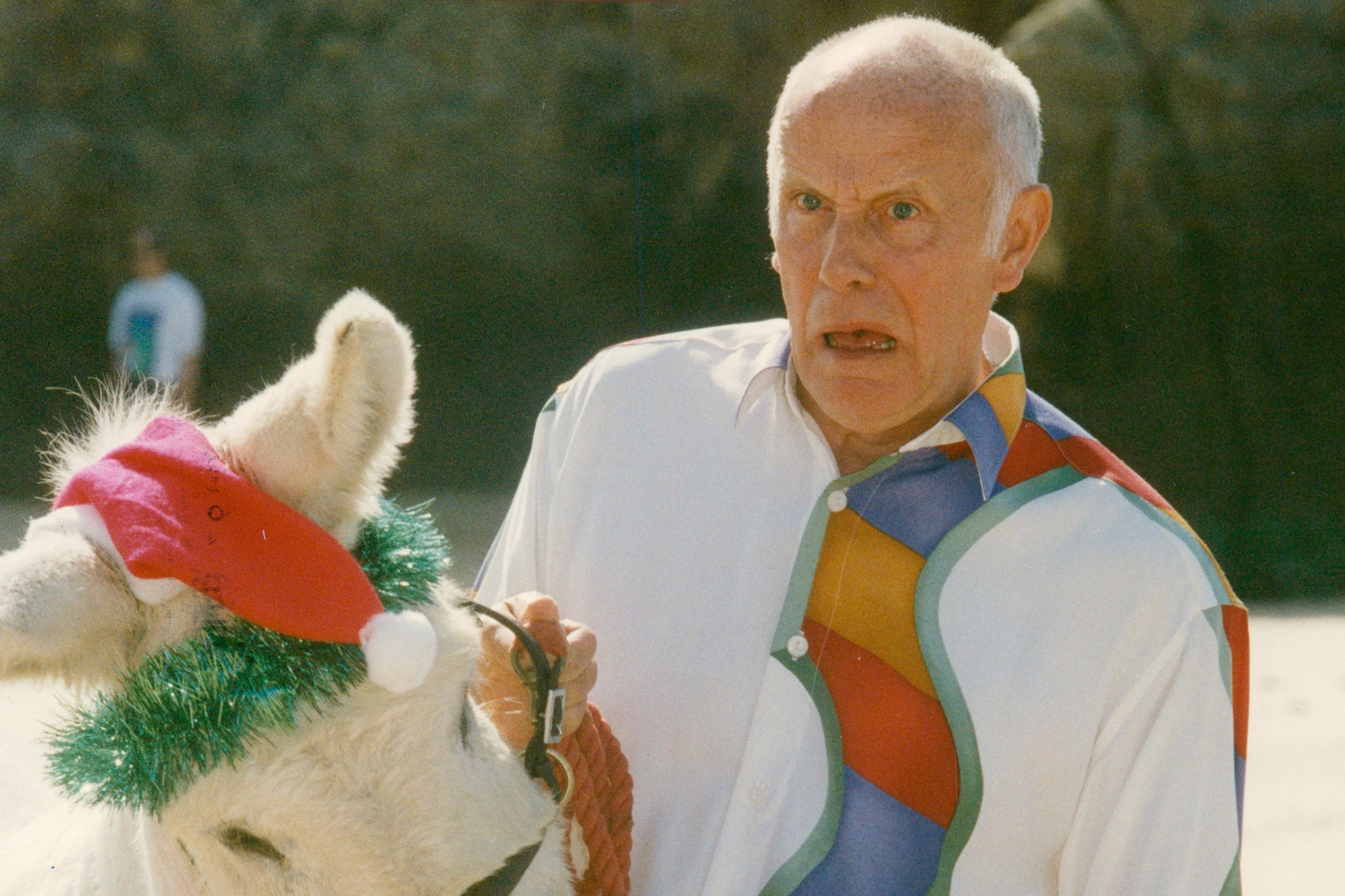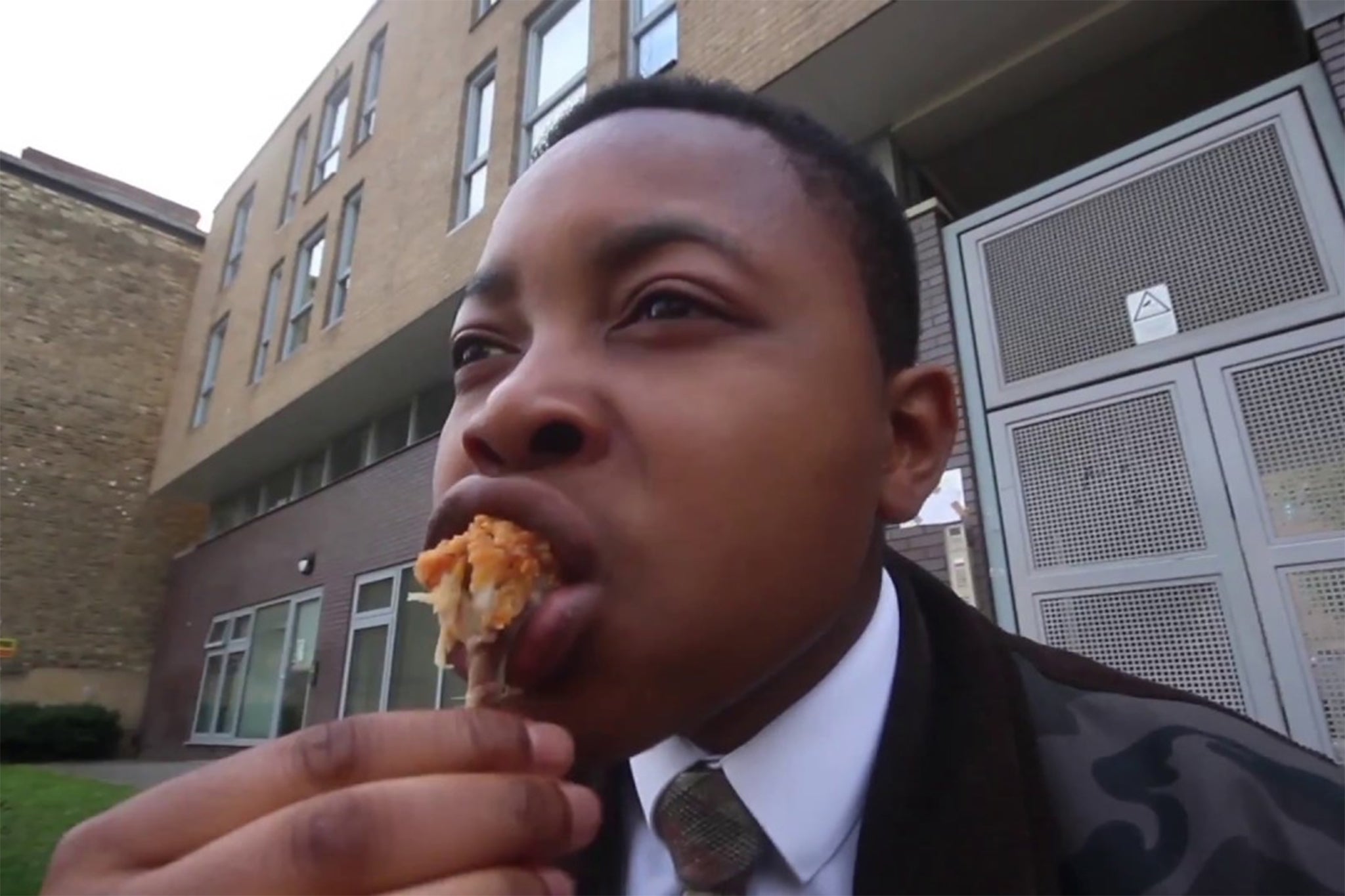You won’t be ‘chuffed’ to hear it – but these words are showing your age
A whole raft of ‘slang’ words have been declared obsolete, according to new research, but Sam Leith, who didn’t get the ‘bloody memo’, says don’t worry, it’s only a matter of time before they come back into fashion...

You know that feeling you get when you read an obituary in the paper of a public figure and it comes as a horrible shock? A shock not because you were surprised by their going, but because you would have sworn blind they had died a decade previously. Who knew him out of ’Allo ’Allo! was still with us, you marvel. Except – oh. There’s probably a German word for this sort of double-take. And it applies, as a sort of special sub-category, to the reaction of anyone north of 40 years old to the recent report on “out-of-date” slang.
Researchers from WordTips (me neither) surveyed 310 different obsolete slang terms as defined in the crowdsourced slang resource UrbanDictionary and counted the numbers of “upvotes” and “downvotes” that each term had accrued from the site’s users.
Among the antiquated expressions that users of the site professed apparent nostalgia for were such epithets as “bugger all”, “sod off”, “pear-shaped”, “chuffed” and “innit”.
The most fondly remembered of all obsolete slang terms was, apparently, that all-purpose not-quite-the-f-word intensifier “bloody”.
All these epithets are staples of my day-to-day vocabulary; and at 50, I’m not exactly of the generation that learned to swear from Biggles and Algy. As a professed “old fart”, I was, you could say, not chuffed – that someone seems to think these much-loved and used words are obsolete. I never got the bloody memo.
But I will not be the only one. This report will leave even some Gen-Zs feeling like dinosaurs. While phrases such as “curtain twitcher”, “chockablock” and “Bob’s your uncle” are included, also in the list of supposedly out-of-date slang terms were “peng”, “dench” (no, not the actor), “bruv” and “ledge” (no, not the window appendage – do try to keep up).
The first of these – meaning, roughly, jolly good – was popularised by a fried chicken critic in the excellent YouTube show The Pengest Munch which only started less than a decade ago. I’ve heard my 10-year-old say “bruv” to someone other than his brother.
As the WordTips folk point out, too, it’s pretty hard to draw firm conclusions on attitudes to slang from upvotes and downvotes: “Whether Boomers are upvoting these slang terms in a cringe effort to relive their glory days or Zoomers are embracing the cool jive of yesteryear for vintage street cred is for you to decide.”
We can conclude, from this, I think, that user polls on UrbanDictionary may not yet be at the cutting edge of academic sociolinguistics, but it does tell us something. It tells us that the study of slang itself is getting trickier, and that usages that used to shift in decades or generations now shift in months, weeks, nanoseconds, zeptoseconds.

Language evolves. Since the advent of the internet, it has evolved even faster. It goes, now, in fruit-fly generations. Slang, in particular, has always been used to bind social tribes; when it spills out of the in-group (when your mum stops thinking that LOL means “lots of love”, or lifestyle magazines start putting “cheugy” in headlines) the in-group adopts a new slang.
The vectors for its transmission used to be spoken language, its petri dishes the workplace or the school playground. David Mitchell’s novel of 1980s childhood, Black Swan Green, could conjure a decade and a generation with the narrator’s use of “ace” as a term of approval.
The Mitchells of the future won’t be able to do the same for the 2020s or even 2024. Social media’s virality means a slang term can be halfway to “over” by the time its coiner presses send. But that also means they can come back in fashion as quickly as they lose their edge. Ace is now used as it ever was, and the Nineties classic “extra” is apparently the word du jour.
That’s dizzying. But it’s also, in some sense, reassuring. Just as the fierce tribal and generational divides that used to apply to music have been erased by the streaming services – the singles charts are meaningless; everything is available all the time forever; your 14-year-old daughter loves early-Nineties indie bands – so too have those in the language.
So there’s no reason to worry. I’ve been wearing Doc Martens continuously for 35 years, and I used to be in fashion once a decade. Nowadays it’s once a year. Same with language. The intervals between a usage being cool, it being ironically cool, it being fully back in fashion, and it being a universal expression, are all but imperceptible – and what’s more, it’s not always clear which of these states the word is in any way.
We’re all obsolete – and we’re all perfectly up to date. It’s all peng, bruv.
Join our commenting forum
Join thought-provoking conversations, follow other Independent readers and see their replies
Comments


Bookmark popover
Removed from bookmarks